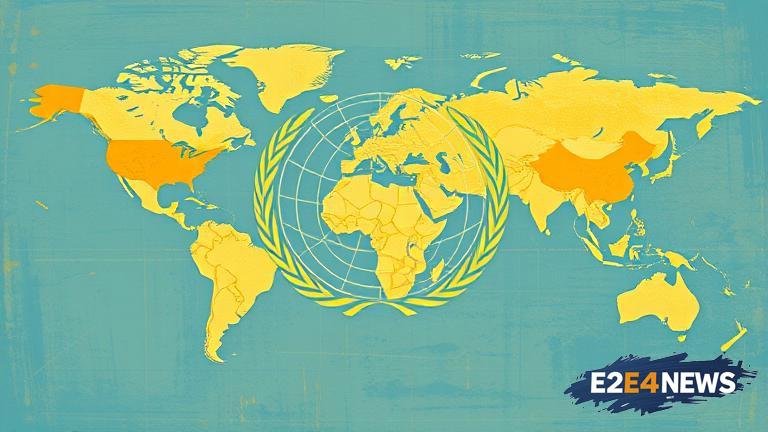The International Atomic Energy Agency (IAEA) has been a cornerstone of global nuclear security for decades, providing a framework for countries to develop and use nuclear energy for peaceful purposes. However, recent events have raised questions about the agency’s credibility, sparking concerns over its ability to effectively monitor and regulate nuclear activities. The IAEA’s credibility crisis is multifaceted, with issues ranging from its handling of inspections and monitoring to its relationships with member states. One of the primary concerns is the agency’s ability to detect and prevent the diversion of nuclear materials for military purposes. The IAEA has been criticized for its failure to detect Iran’s secret nuclear program, which was revealed in 2002. This failure has led to questions about the agency’s inspection protocols and its ability to effectively monitor nuclear activities. Furthermore, the IAEA has been accused of being too soft on some member states, particularly those with close ties to the agency’s leadership. This has led to concerns that the agency is not impartial and that its inspections and monitoring are not thorough. The IAEA’s credibility crisis has also been exacerbated by its handling of the Fukushima Daiichi nuclear disaster in 2011. The agency was criticized for its slow response to the disaster and its failure to provide adequate guidance and support to Japan. In addition, the IAEA has been accused of being too focused on promoting nuclear energy, rather than prioritizing safety and security. This has led to concerns that the agency is not taking a balanced approach to its mission and that it is prioritizing the interests of the nuclear industry over those of the public. The IAEA’s credibility crisis is not just a concern for the agency itself, but also for the global community. The agency plays a critical role in preventing the proliferation of nuclear weapons and ensuring that nuclear energy is used for peaceful purposes. If the IAEA is not seen as credible, it could undermine the global non-proliferation regime and increase the risk of nuclear proliferation. Therefore, it is essential that the IAEA takes steps to address its credibility crisis and restore confidence in its ability to ensure global nuclear security. This could involve reforms to its inspection protocols, improvements to its relationships with member states, and a greater focus on safety and security. Ultimately, the IAEA’s credibility crisis is a complex issue that requires a comprehensive and nuanced solution. The agency must balance its mission to promote nuclear energy with its responsibility to ensure safety and security, and it must do so in a way that is transparent, impartial, and effective. The global community is watching, and it is essential that the IAEA takes the necessary steps to restore its credibility and ensure that it remains a trusted and effective guardian of global nuclear security.
